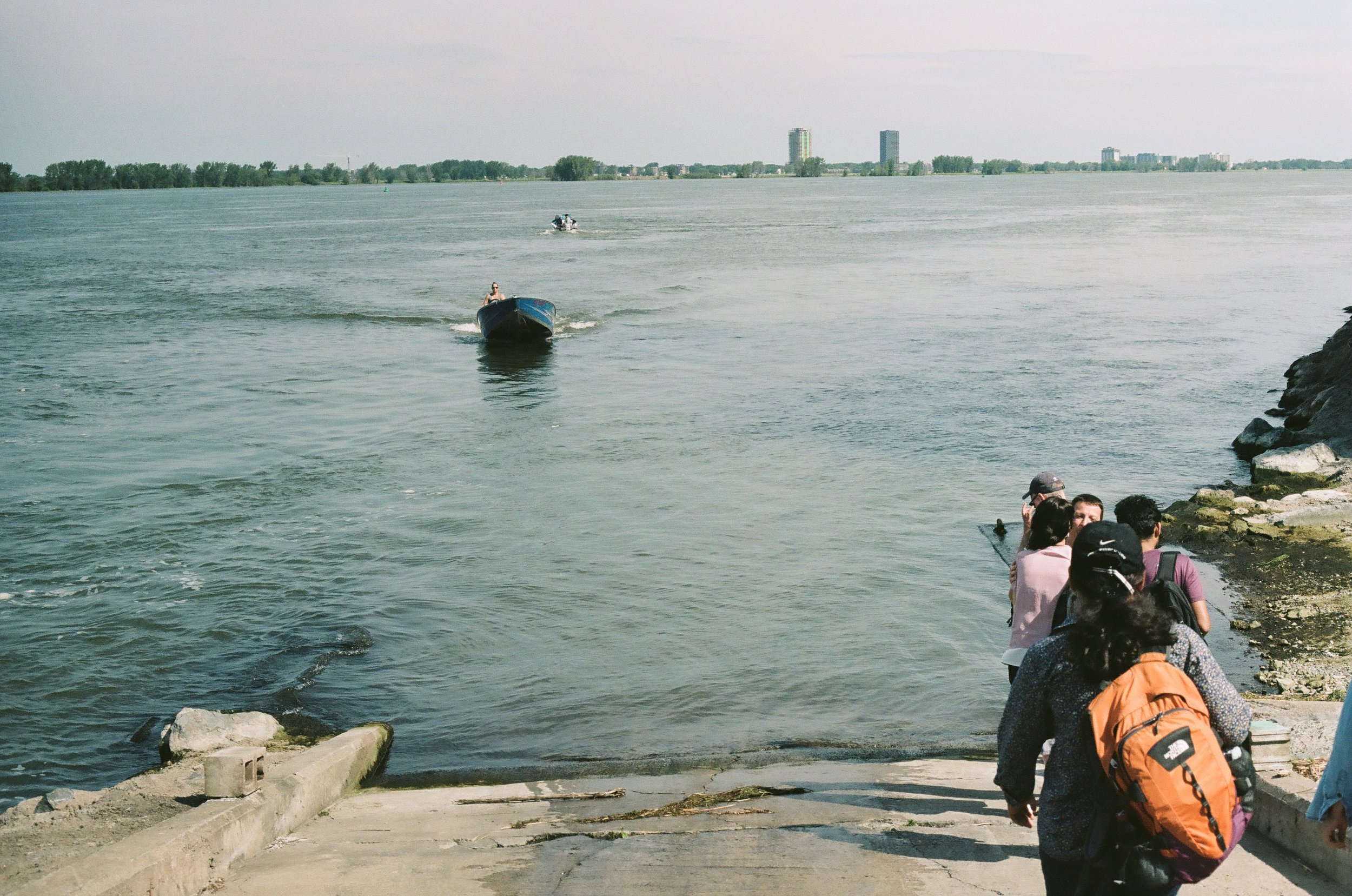
The Concordia Ethnography Lab promotes experimentation in collaborative qualitative research. The Lab gathers ethnographic expertise from across Concordia to foster creative thinking about methodology, to enhance the possibility of research collaboration, and to act as a resource for researchers inside and outside the university who wish to use ethnography to ask questions about the world around them.
Located at the Milieux Institute for Arts, Culture, and Technology, the Lab is ideally placed for creating interdisciplinary collaboration. Our members include anthropologists, sociologists, artists, engineers, film-makers, designers, geographers and political scientists. We share a loft-like space with other labs in the Speculative Life Research Cluster where we hold our meetings, workshops, and other events related to ongoing research activities.
It is a founding member of EMERGE: A Matrix for Ethnographic Collaboration + Practice and houses the Visual Methods Studio (VMS) working group, a space for researching through the visual, representing research visually, and everything in between. The VMS brings speakers, workshops, and think-tanks to the lab throughout the year to drive conversations about collecting and organizing visual data.






